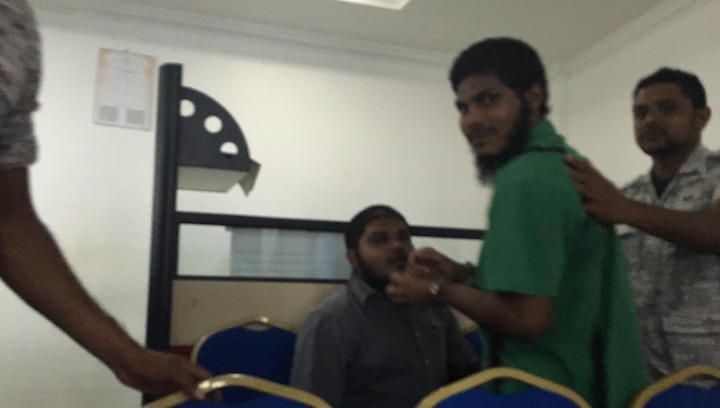Human rights group urges retrial for Afrasheem murder convict
The Maldivian Democracy Network has called for a retrial in the case of a young man convicted of killing a parliamentarian, arguing that the death sentence handed to Hussain Humam Ahmed was unfair and contravened the Islamic Shari’ah.

13 Apr 2016, 09:00
The Maldivian Democracy Network has called for a retrial in the case of a young man convicted of killing a parliamentarian, arguing that his death sentence was unfair and contravened principles of the Islamic Shari’ah.
The human rights NGO issued a report on Tuesday, Protect Human Dignity: Republic of Maldives vs Hussain Humam Ahmed, examining the death sentence handed to the 22-year-old over the brutal murder of MP Afrasheem Ali in 2012.
Due process violations highlighted included the criminal court’s reliance on a pre-trial confession as well as “hearsay and circumstantial evidence,” refusal to examine Humam’s claim of mental illness and refusal to call defence witnesses.
Humam’s appeal is currently before the Supreme Court. If found guilty, he could be the first Maldivian to be executed by the state in more than 60 years.
Become a member
Get full access to our archive and personalise your experience.
Already a member?
Discussion
No comments yet. Be the first to share your thoughts!
No comments yet. Be the first to join the conversation!
Join the Conversation
Sign in to share your thoughts under an alias and take part in the discussion. Independent journalism thrives on open, respectful debate — your voice matters.




